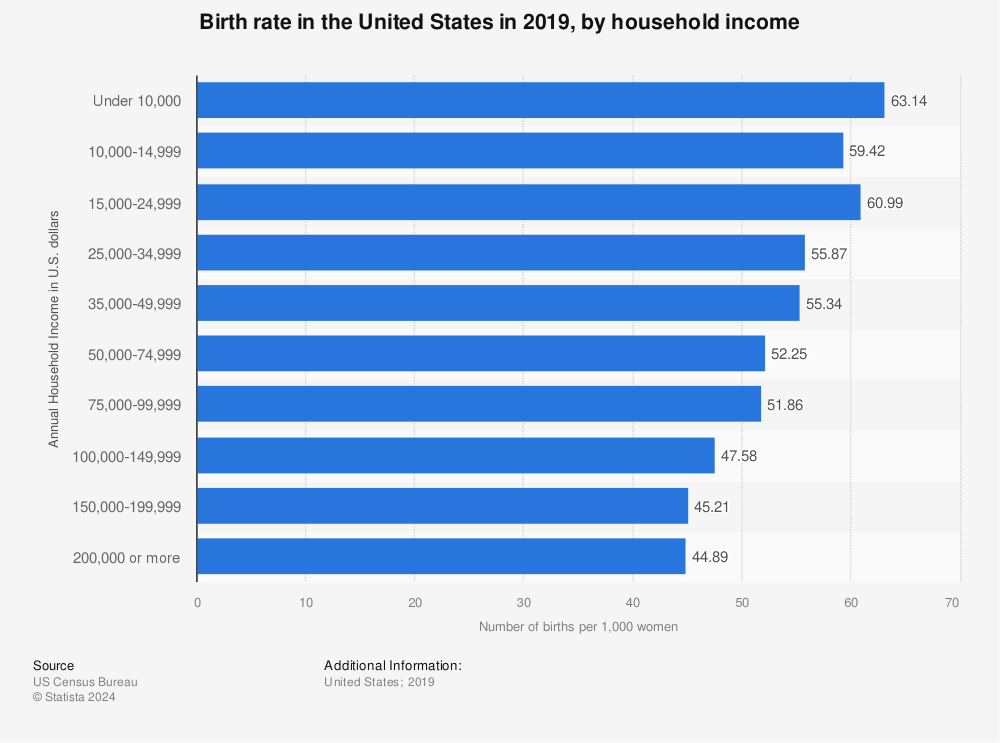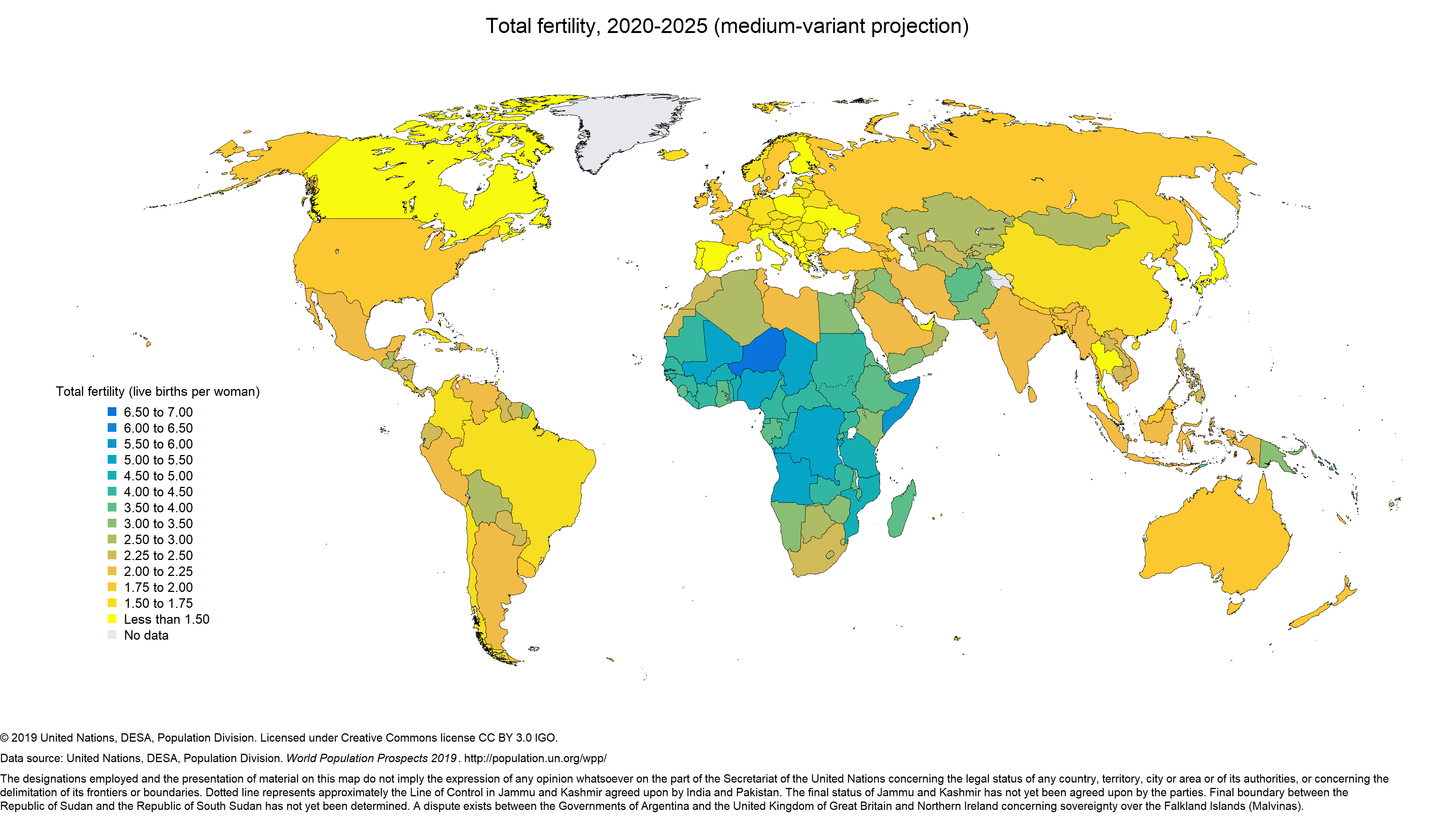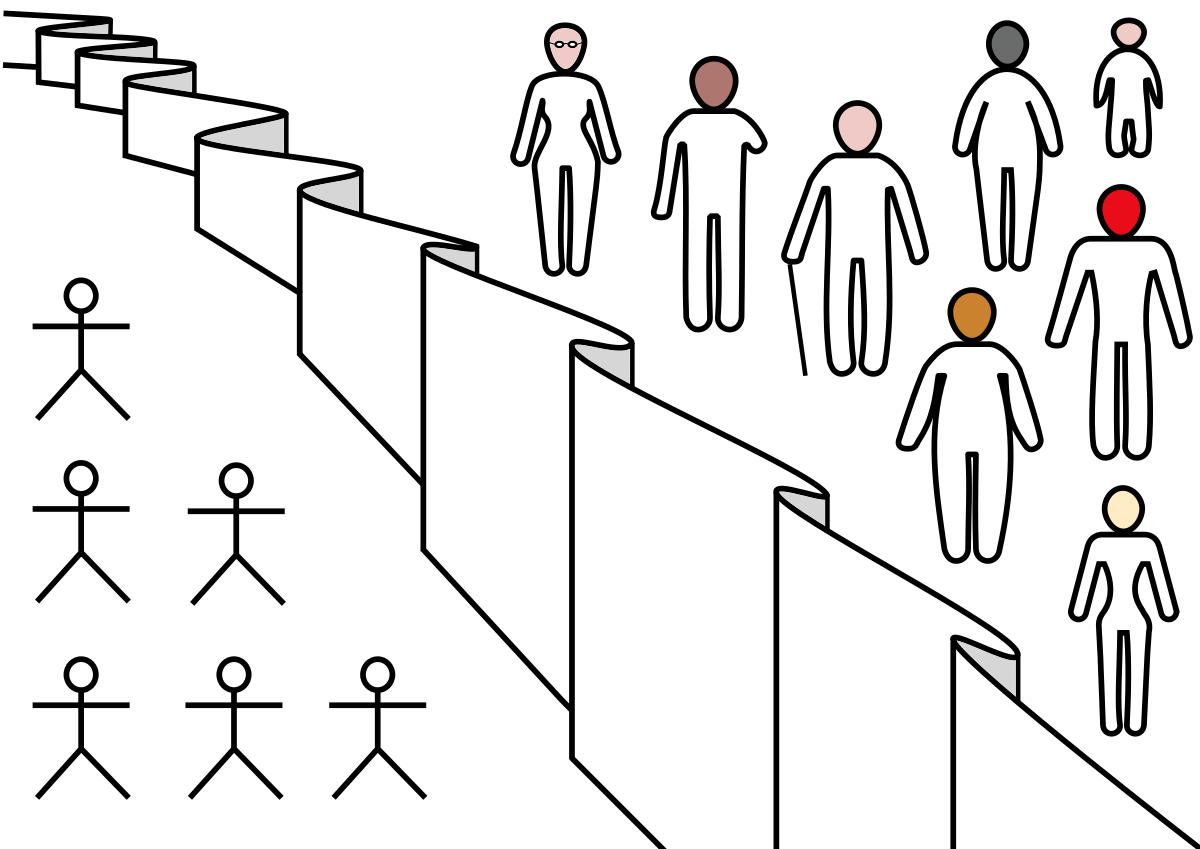Quite the opposite, it's more or less the only objective way of evaluating consumption or hypothetically assigning 'fair' usage of resources. It's not just a moral imperative, but pretty much the Categorical Imperative - "Act only according to that maxim whereby you can, at the same time, will that it should become a universal law" - or perhaps more closely and more universally, the Golden Rule. Given limited resources, what is the justification for me to have a larger share than anyone else? The accident of where I was born?
That is arbitrary. A set of economic systems developed and implemented in the context of colonial and post-colonial global power structures? That's not only arbitrary but profoundly immoral. Hypothetically we could imagine a democratized and de-colonialized world in which elements of a well-regulated market economy allow some people to have
fair access to two or three times more than that world average while some have less; but we'd need to get to that utopian state first, and until then the only objective ethical (and political) stance is to acknowledge that
I have no more or less right to the world's resources than anyone else on the planet... and being in a country where access to wealth is much easier doesn't change that fact.
The idea of the 'veil of ignorance' or 'original position' popularized by John Rawls seems quite relevant too:
In the original position, you are asked to consider which principles you would select for the basic structure of society, but you must select as if you had no knowledge ahead of time what position you would end up having in that society. This choice is made from behind a "veil of ignorance", which prevents you from knowing your ethnicity, social status, gender and, crucially in Rawls' formulation, your or anyone else's idea of how to lead a good life.

en.wikipedia.org
That's what Jesus would tell you; if someone is in need and you have anything beyond your daily needs you have to help them. There's a clear if slightly extreme kind of logic to that, but it comes from a more overtly moral/values-based perspective of love for each other rather than a more objective/political angle of what rights of access to resources might we or should we be able to legitimately claim.




